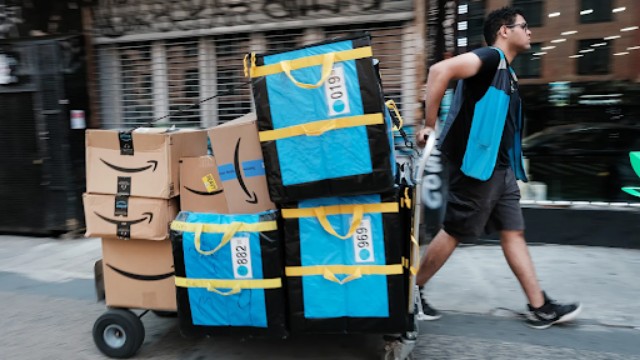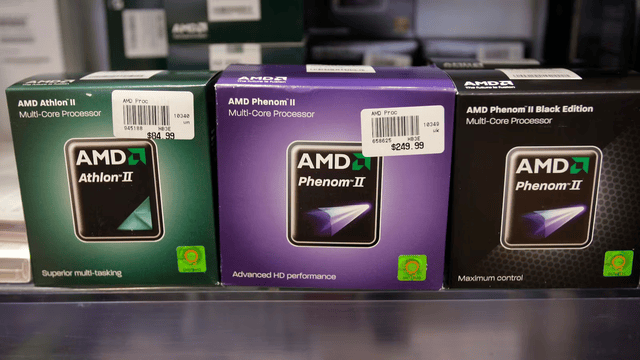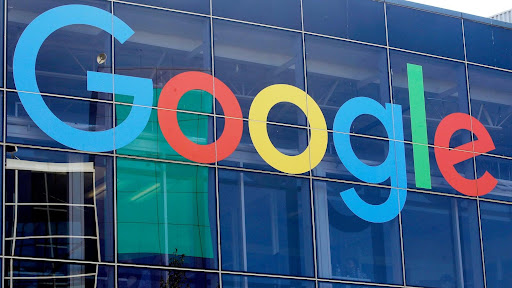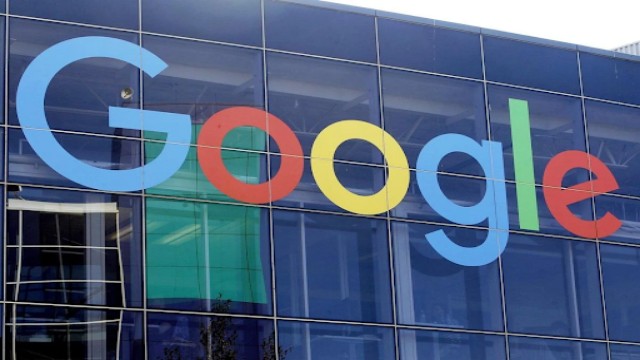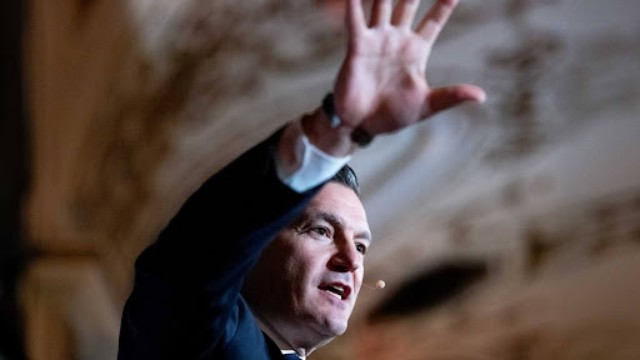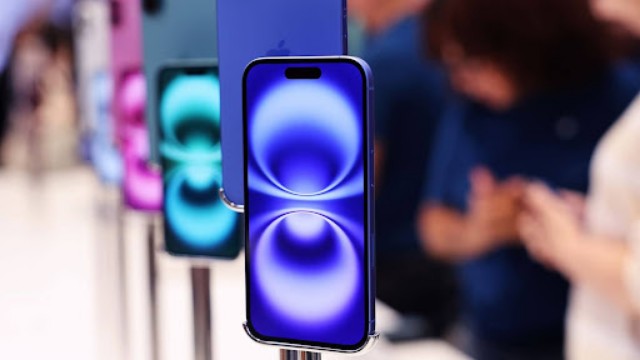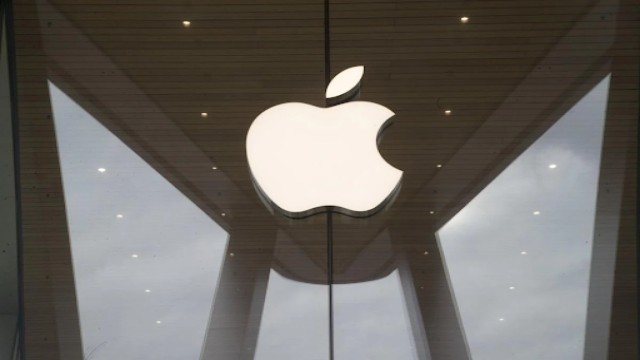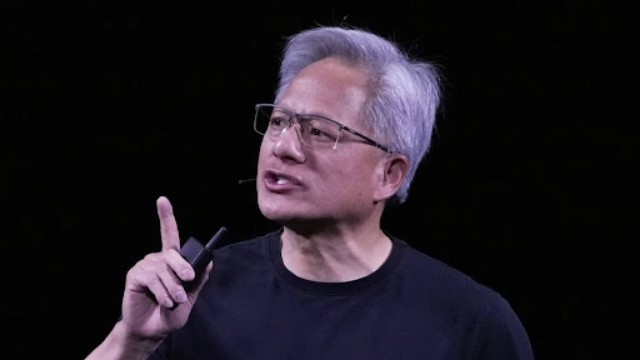
NVIDIA CEO Jensen Huang gave his keynote speech on Wednesday, June 11, 2025, during the Vivatech event held in Paris. (AP Photo/Michel Euler)
Is artificial intelligence humanity’s greatest hope—or its biggest threat? Will it create equal opportunities—or tighten control in the hands of a few?
For Nvidia CEO Jensen Huang, the answer is more balanced. On stage at VivaTech in Paris, dressed in his trademark black leather jacket and surrounded by fans eager for selfies, Huang shared a powerful message: “AI is the greatest equalizer of people the world has ever created.”
But he didn’t stop at bold statements. Nvidia used the tech summit as a launchpad for a massive European expansion. From France to Finland, the company is installing new AI infrastructure that could reshape how the continent adopts the technology.
In France, Nvidia is deploying 18,000 of its latest Blackwell chips in partnership with the rising AI startup Mistral. Germany will see the rise of an industrial AI cloud aimed at supporting its manufacturing sector. Similar initiatives are in motion across Italy, Spain, the UK, and Finland. In Britain, Nvidia is setting up a brand-new AI lab.
These moves signal Nvidia’s growing influence—not just in tech, but in geopolitics. The company isn’t just building chips anymore; it’s laying the foundation for what Huang calls “AI factories.” These are not traditional factories but massive data centers that generate intelligence. They train language models, help discover new medicines, detect cancer, and even guide autonomous vehicles.
Huang also announced partnerships with Perplexity AI to bring European publishers and telecoms their own locally controlled AI models. Nvidia is also working with BMW and Mercedes-Benz to train AI-powered robots for use in auto manufacturing.
But not everyone is comfortable with this rapid growth. Critics warn of a future where powerful AI systems operate unchecked—referencing Hollywood-style warnings like Skynet from The Terminator. Could AI really run wild?
Huang doesn’t deny the risks, but he’s confident that AI can help police itself. “In the future, the AI that’s doing the work will be monitored by dozens of other AIs,” he explained, highlighting how layered oversight could prevent abuse.
Europe’s position, however, remains uncertain. It’s known for leading on digital rights, but now, as Brussels pushes ahead with tight AI rules, some fear the continent could fall behind in innovation. With AI development booming in the U.S. and China, Europe’s challenge is to avoid being left out altogether.
Huang’s solution? “Sovereign AI.” This idea isn’t about isolation but independence—countries building their own AI systems rooted in their data, values, and identity. “The data belongs to you,” he said. “It belongs to your country, your culture, your people.”
The Paris summit was just one stop on Huang’s European tour. He also attended London Tech Week and is heading to Germany next. Alongside French President Emmanuel Macron and Mistral AI’s CEO Arthur Mensch, Huang made one thing clear: AI is no longer just tech—it’s a national strategy.


